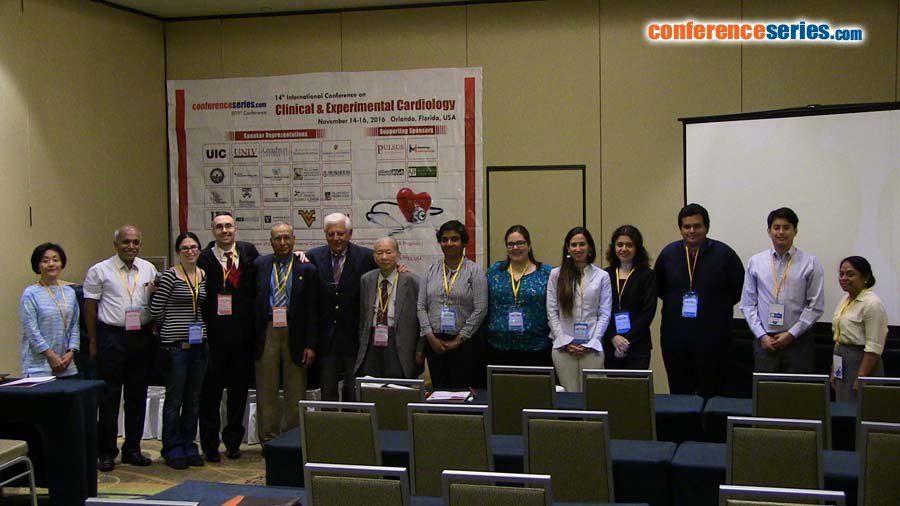
Khaled Sherif
Texas Tech University Health Science Center, USA
Title: Gastropericardial fistula, uncommon complication for common surgical procedure
Biography
Biography: Khaled Sherif
Abstract
Gastropericardial fistula is an acquired disorder that is associated with a high mortality rate. It is a rare complication of laparoscopic surgery for reflux disease and thoracic procedures. A 74-year-old lady with history of gastroesophageal reflux disease (GERD) and surgically repaired hiatal hernia presented with history of chronic dyspnea and cough. Physical examination was normal apart of a pericardial rub. Laboratory data showed leukocytosis and the chest X-ray showed a large left-sided soft mass. As result of the mass on chest x ray, chest and abdominal CT scan was done and showed large pericardial effusion with hiatal hernia and gastro-pericardial connection. Gastropericardial fistula is an uncommon complication but it has very high mortality rate. Among causes that result in this condition, hiatal hernia and esophagogastric surgery have been the most frequently reported. The occurrence of post-operative gastropericardial fistula is induced by the perihiatal scarring. In addition, recurrence of hiatal hernia or migration of the surgical wrap may also favor occurrence of fistulae. For gastropericardial fistula, contrast media-enhanced traditional examinations are the cornerstone of diagnosis. Abdominal CT may reveal the fistula. Surgical correction is the most effective form of treatment.


